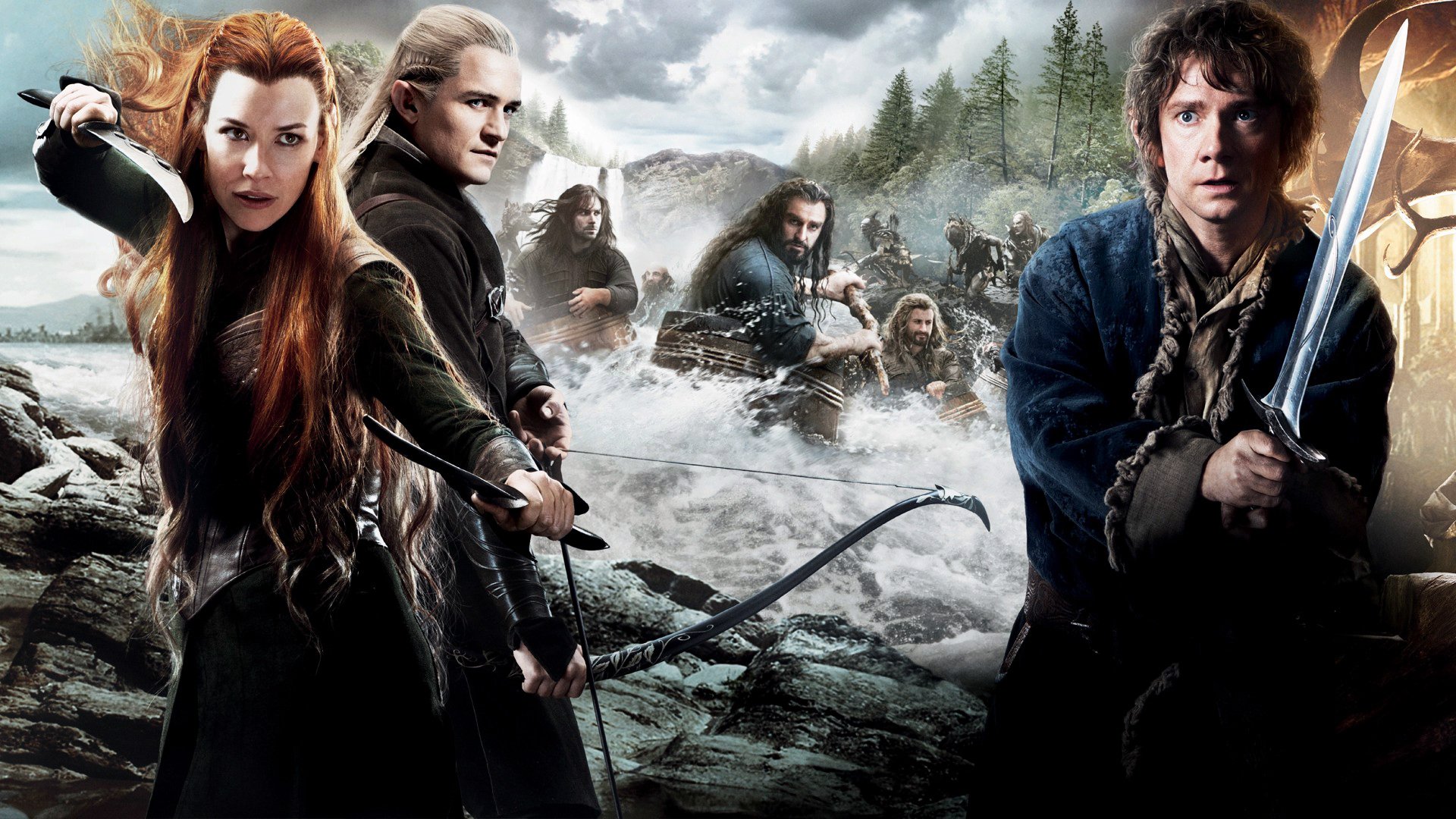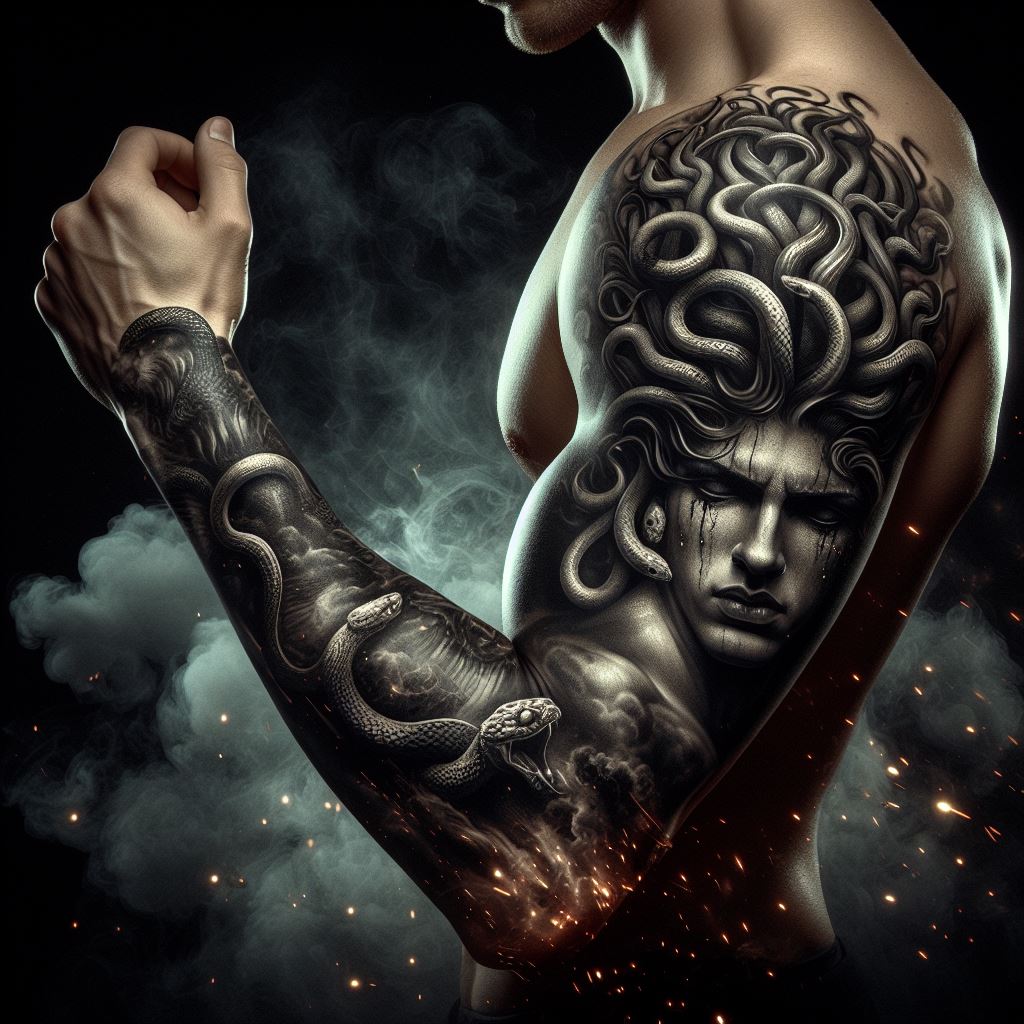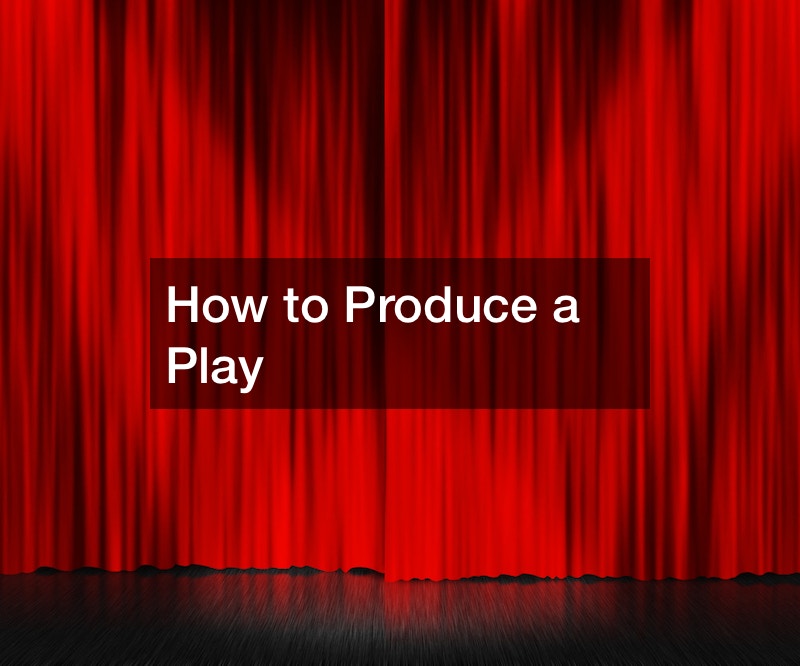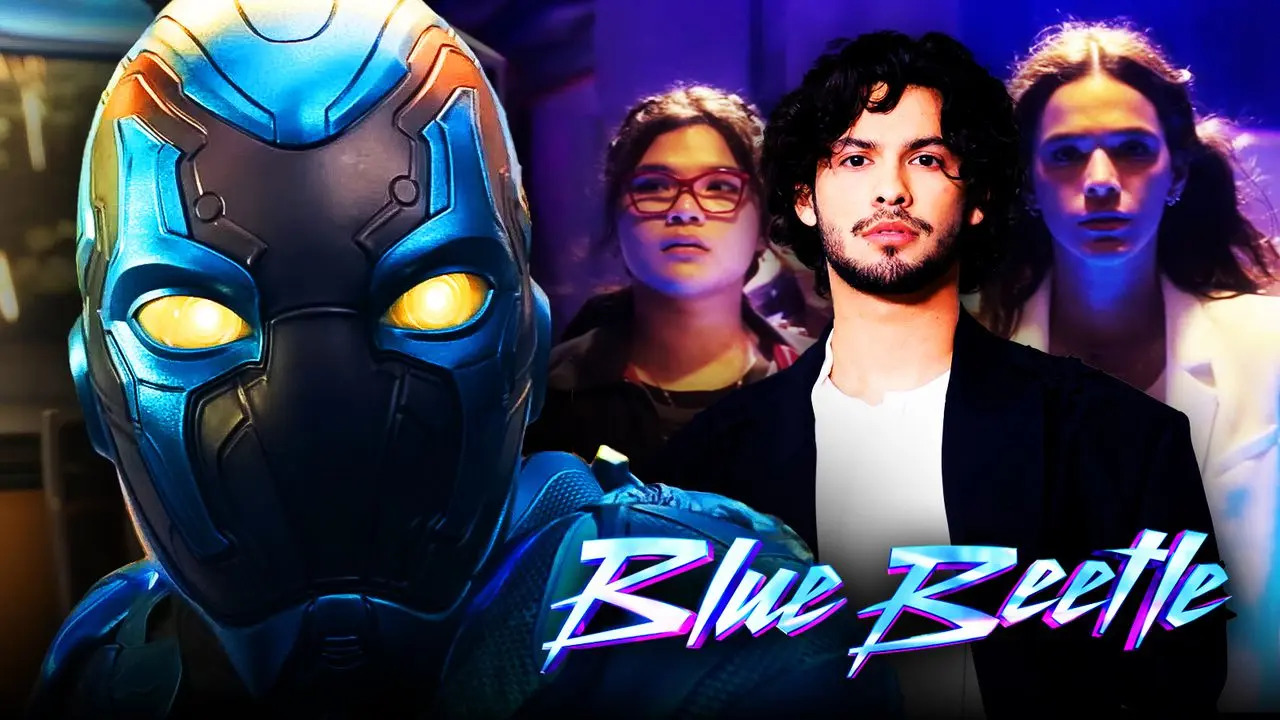After 13 years and a little less than 20 hours of runtime, the Lord of the Rings franchise comes back full circle: Bilbo and the Dwarves, in their quest to recover the riches of Thorin Oakenshield’s kingdom, have set into motion the events that we’ll see in The Fellowship of the Ring. And what a movie franchise Lord of the Rings was! We compiled all 6 movies into a pretty comprehensive Lord of the Rings watch order that I think you should check out.
For a fantasy franchise with multiple epic battle scenes, detailed and highly defined graphics, and chock full of spectacle and scope, the Lord of the Rings was groundbreaking in multiple aspects, not the least of which was the fact that it was released at a time when Blockbuster was still a major movie-renting business (or that movie renting was still a thing). Imagine having to shoot the Battle of Helm’s Deep at a time when touch screen technology was still in its infancy and cellphones still had buttons! Wild!

Unfortunately, much like the Star Wars prequels, The Hobbit franchise was ultimately geared for disappointment, especially consider its source material was only 276 pages long stretched out over three 3-hour movies. Originally intended to be a two-part movie (which, in my opinion, would have made so much more sense), Peter Jackson decided to expand it into a trilogy, adding unnecessary characters like Tauriel (albeit played masterfully by Evangeline Lily), unnecessarily lengthening scenes (like multiple “fight” scenes in An Unexpected Journey and Desolation of Smaug), and just a general sense that many of the things we saw on film were just, well, unnecessary. It feels like Peter Jackson took the opportunity to fill up the dead air in those movies with various references and foreshadowing in order to tie it up with the Lord of the Rings franchise rather than focusing on making good movies. Under-written, overproduced, and meandering to a fault, The Hobbit franchise was a disappointment bordering on disaster. So did The Battle of the Five Armies redeem the franchise?
A Disappointing End
Sadly, I don’t think so.

The movie, much like its predecessors, was long, winding, and frankly, boring. The titular battle of the five armies, unlike the Battle of Pelennor Fields or the legendary Battle of Helm’s Deep, was so heavy on spectacular shots and visuals that, by the 1 minute mark, you kind of forget what the hell they were fighting about in the first place. There was no emotional connection with the audience in that battle, no gravitas, no point. The visuals, albeit stunning, was so reliant on computer graphics that it was more like watching a Metal Gear Solid cut-scene than a movie (but with less narrative, if that’s even possible).
However, not all the spectacle was useless: the opening scene with Smaug laying waste to Lake-town, is a visual masterpiece that was full of action, lights, sounds, explosions, all of which made sense with what was going on. But beyond that curtain raiser, there’s not much else to comment on.
Unlike The Desolation of Smaug, The Battle of the Five Armies tried (keyword, tried) to focus on the human (or elf, or dwarf) aspect of the story which, again because of the lack of source material, was thin at best and contrived at worst.

Perhaps the best way to describe it is this: the titular Battle of the Five Armies, pitting Goblins, Wargs, Humans, Elves, and Dwarves against one another, was a cool scene, but Battle of Helm’s Deep felt like we were watching history unfold, like watching the Moon landing or the signing of the declaration of independence. The Battle of the Five Armies, in short, lacked gravitas.
It lacked soul.
It’s Not All Bad
Of course, it’s not completely terrible: as with the other two movies, The Hobbit: The Battle of the Five Armies cast did so much with what little they have. Of note was Martine Freeman, who took Tolkien’s mild-mannered, yet adventure-seeking, hobbit into new heights. Freeman’s Baggins was more than just a wide eyed naïve: he was able to show the character’s purity of heart, nobility of spirit, and a never-ending thirst for knowledge and adventure. He was so good, in fact, that I’d say he is more worthy of belonging in the original Lord of the Rings trilogy than this contrived disappointment.

The rest of the cast, from Sir Ian McKellen to Evangeline Lily all the way to Richard Armitage and Benedict Cumerbatch, all brought more than just star power to the screen: they brought likability, a sense of realism and conflict, and despite the script, pulled off performances of a lifetime.
So now that it’s over and done with, what now? Well, currently, Amazon is working on a TV adaptation of Tolkien’s work. The show will be focusing on the legendary Second Age of Middle-Earth, and will most likely take on plot points from The Silmarillion, another epic conflict that pits the Valar, the de facto Gods and Goddesses of Middle-Earth, against their evil comrade-turned-enemy, Morgoth. Showrunners will include writers from HBO’s Game of Thrones, movies like Star Trek 4, and other luminaries are set to grace the show with their writing prowess.
As for Peter Jackson, he has so far confirmed that he will NOT be involved in the show. For good or worse, only time will tell.





